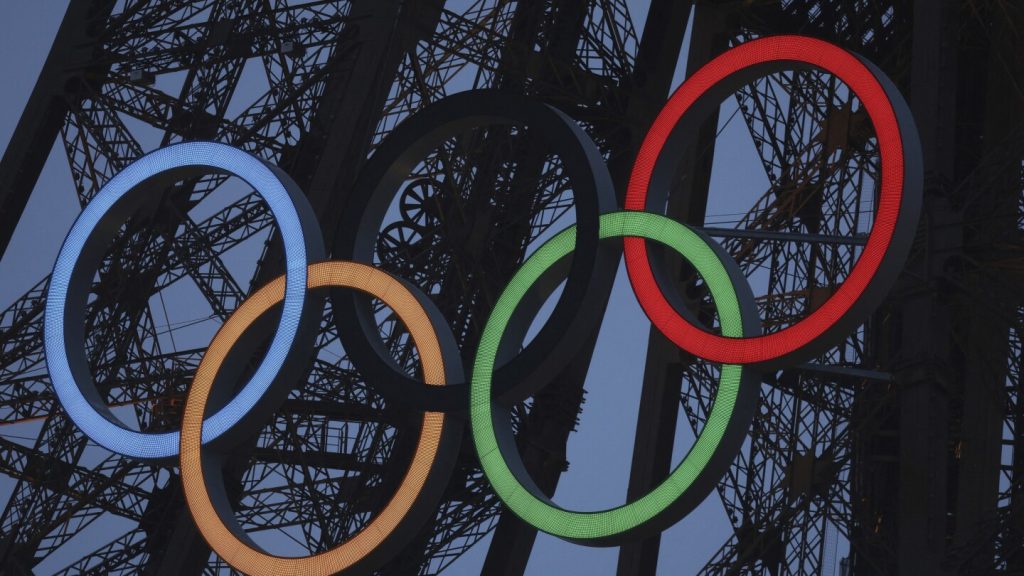Three major Japanese sponsors of the International Olympic Committee, Toyota, Panasonic, and Bridgestone, have decided to terminate their contracts, leaving the IOC without a Japanese sponsor. This move is likely related to the one-year delay in holding the 2020 Tokyo Olympics, which impacted sponsors’ visibility and increased costs. The focus for new sponsorship income is expected to shift to the Middle East and India, as Japanese sponsors distance themselves from the Olympics.
Toyota Motor Corp. confirmed it would not renew its sponsorship after the Paris Games, citing a misalignment between the IOC’s goals and the automaker’s vision. Chairman Akio Toyoda expressed doubts about the IOC’s focus on putting people first, stating that the Olympics should be about watching athletes from all walks of life achieve their impossible. Despite terminating their sponsorship, Toyota plans to continue supporting individual Olympic and Paralympic athletes, as well as the Paralympic Games.
The 15 sponsors, known as TOP Olympic sponsors, paid over $2 billion to the IOC in the last four-year Olympic cycle. Bridgestone Corp., an Olympic sponsor since 2014, also announced it would not be renewing its deal with the IOC, citing an evolving corporate brand strategy. Similarly, Panasonic Corp., a sponsor since 1987, decided to terminate its sponsorship without providing a specific reason, following a review of how sponsorship should evolve.
The Tokyo Games were marred by corruption scandals linked to local sponsorships and contract awards, including allegations of vote-buying. Dentsu Inc., a Japanese marketing and public relations company, played a significant role in securing local sponsorships for the Tokyo Olympics. The IOC had an income of $7.6 billion in the last four-year cycle ending with the Tokyo Games, with the potential for this figure to reach $3 billion in the next cycle ending with the Paris Olympics.
The total cost of the Tokyo Olympics was officially reported at $13 billion, with at least half of this amount coming from public funds. A government audit suggested the actual cost could be twice as much as initially reported. Despite concerns over the financial implications of hosting the Olympics, the IOC continues to secure significant sponsorship revenue from its TOP sponsors. The termination of contracts by the major Japanese sponsors signals a shift in sponsorship dynamics for the IOC, with an increasing focus on new markets in the Middle East and India.















